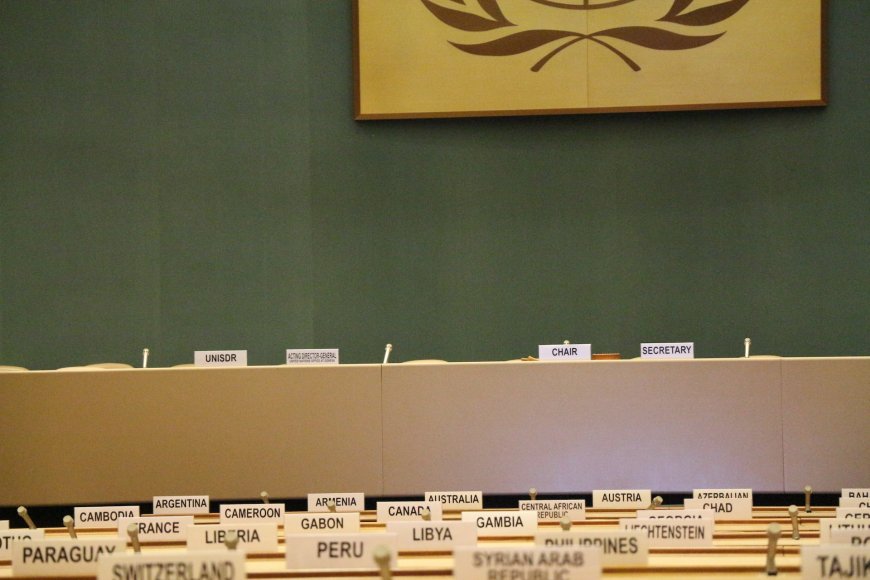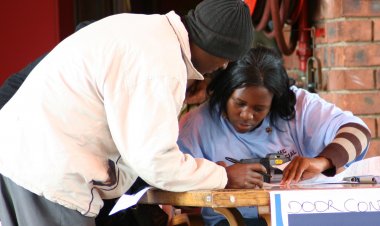Despite the fact that climate change is usually framed as a challenge for the future, its impacts are increasingly obvious here in the present. The IPCC’s latest assessment concluded that the crisis is especially evident in African countries, where populations are already experiencing extreme and debilitating impacts with far-reaching consequences to lives, livelihoods, health, and wellbeing.
This year’s contributions to APRI's COP collection confirm the assessments of the first Global Stocktake Report on the implementation of the Paris Agreement. The report underscores that, while there are widespread actions underway to address climate change, a lot still needs to be done. The contributions also show that a majority of the unresolved issues lie at the core of how climate change and its impacts are understood and acted upon.
For example, how comprehensive is our understanding of the impacts of climate change? How do climate-related losses and damages manifest to affect lives and livelihoods in different parts of the world? What assumptions are built into policies and how are they implemented? Are the social, cultural, political, and administrative complexities stemming from specific contexts considered? Is everyone on board with the directions that policies and initiatives move in? Can the same be said about their implementation processes? Who has the potential to win or lose and why? How can losses be minimized or avoided? And finally, how can positive outcomes be amplified and scaled up?
To address these unresolved issues at COP28, contributors to the series argue that the world must be willing to reflect on whether it is ready to deal with the historic, present, and future complexities that emerge from climate change. Reflecting on these issues critically is paramount to the effectiveness and sustainability of climate action in Africa.




